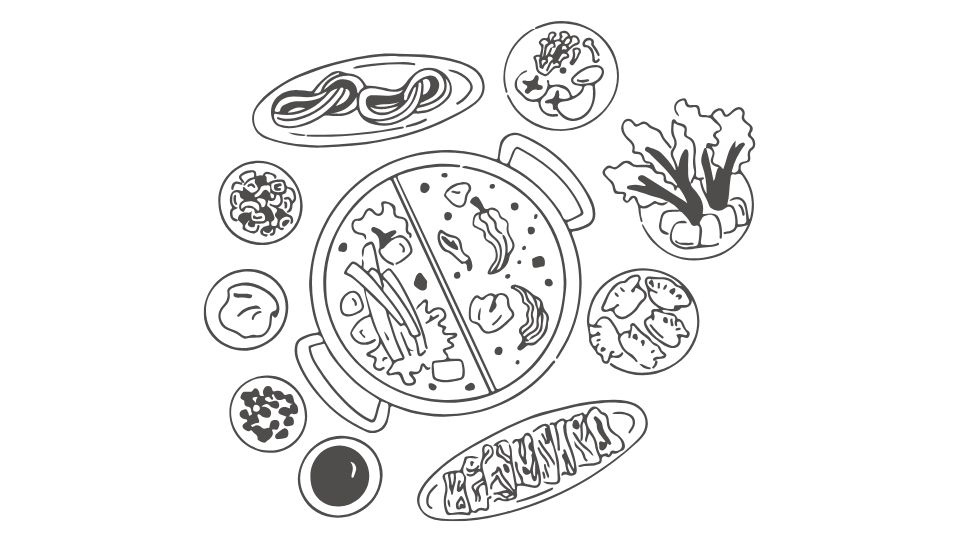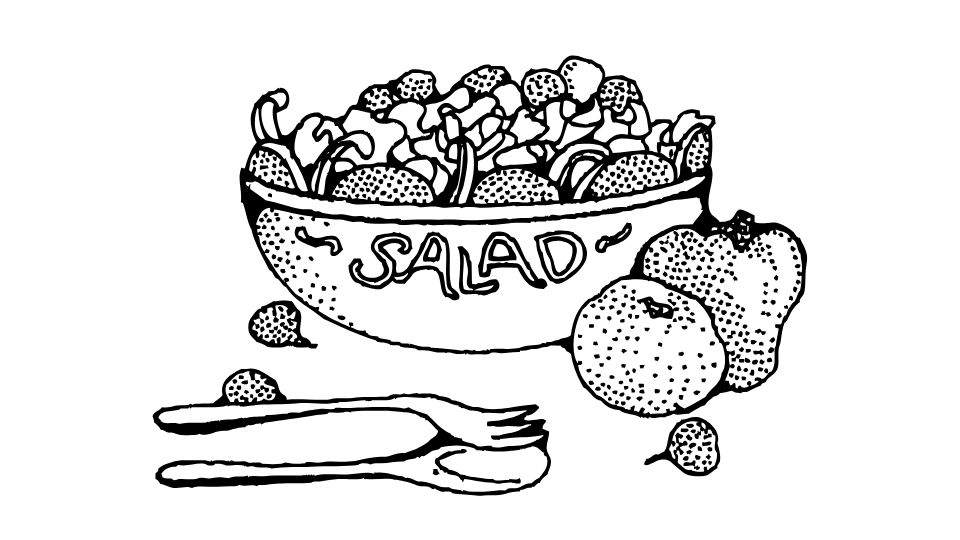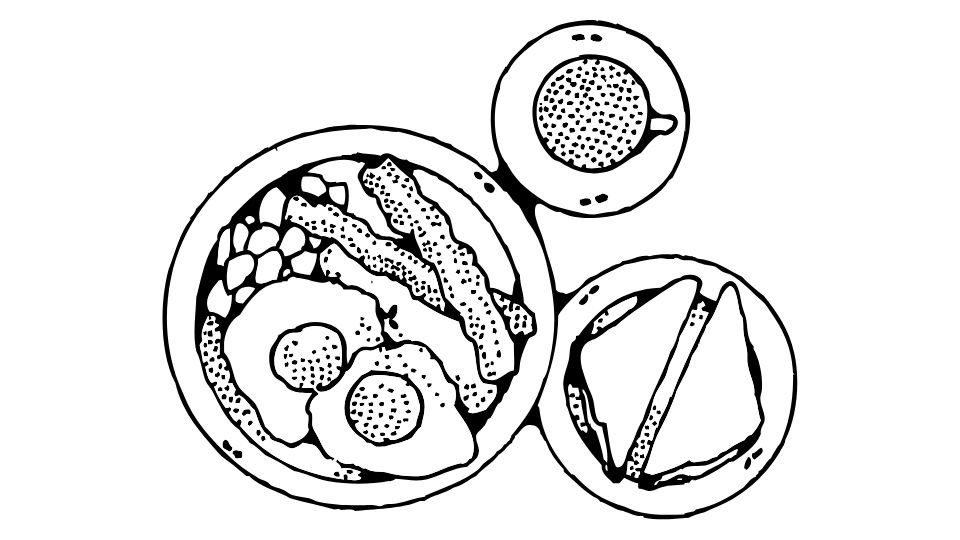Want Better Immunity? Add These Natural Foods to Your Diet Today

Looking to boost your immune system?
I used to think that meant popping Vitamin C supplements at the first sign of a sniffle. Turns out, Mother Nature’s got a much better plan.
Your immune system is basically your body’s personal security team, fighting off invaders 24/7. And just like any elite squad, it needs the right fuel to function at its best.
In this post, I’ll break down exactly which foods supercharge your immunity (with zero supplements required) and how to easily incorporate them into your daily life without going crazy.
Skip ahead to whatever interests you most:
- What’s actually happening in your immune system
- The top immunity-boosting foods
- How to actually eat these foods (practical tips)
- Why diet alone isn’t enough
The Immune System: Your Body’s Personal Army
Let’s get one thing straight: your immune system isn’t just one organ – it’s a complex network of cells, tissues, and organs working together like a well-trained military unit.
When it’s functioning properly, this system identifies and destroys harmful invaders like viruses and bacteria before they can cause serious damage.
But here’s the kicker – this sophisticated defense system absolutely depends on good nutrition to operate effectively. Research consistently shows that deficiencies in key nutrients like vitamins A, C, D, E, and zinc can weaken immune function and leave you more vulnerable to infections.
Nature’s Medicine Cabinet: Top Immunity-Boosting Foods

1. Citrus Fruits: Vitamin C Powerhouses
We all know citrus fruits pack a punch when it comes to vitamin C. Oranges, grapefruits, lemons, and limes are loaded with this antioxidant that helps your white blood cells (the fighters of your immune army) function better.
One medium orange gives you about 70mg of vitamin C – that’s almost your entire daily recommended amount.
My take: I keep lemons around constantly and squeeze them into my water throughout the day. Easy vitamin C without any pills.
2. Colorful Berries: Antioxidant Bombs
Berries aren’t just delicious – they’re packed with antioxidants that help your body fight oxidative stress (a fancy way of saying “cellular damage”).
Blueberries, strawberries, and blackberries contain flavonoids that can reduce inflammation and boost immune function. One study found that people who ate foods rich in flavonoids were 33% less likely to get upper respiratory tract infections than those who didn’t.
3. Leafy Greens: The Ultimate Multivitamin
If there’s one food group I’d recommend above all others, it’s leafy greens. Spinach, kale, and Swiss chard are loaded with vitamins A, C, and E – all crucial for immune function.
They also contain folate, which helps your body produce new cells and repair DNA. This is essential for maintaining a healthy immune system that can quickly respond to threats.
Pro tip: Add a handful of spinach to your morning smoothie – you won’t even taste it, I promise.
4. The Holy Trinity of Spices: Garlic, Ginger, and Turmeric
These three deserve special attention:
Garlic contains allicin, a compound with powerful antibacterial and antiviral properties. Throughout history, civilizations have used garlic to fight infections – and modern science backs this up. One study found that people taking garlic supplements got fewer colds and recovered faster when they did get sick.
Ginger reduces inflammation and helps with nausea (great for when you’re already sick). It also has antimicrobial properties that can help fight infections.
Turmeric contains curcumin, which has both antioxidant and anti-inflammatory effects. To increase absorption, always pair turmeric with black pepper and some fat.
5. Green Tea: Liquid Immunity Booster
Green tea is packed with EGCG (epigallocatechin gallate), a powerful antioxidant that enhances immune function. It also contains L-theanine, an amino acid that may help your T-cells (key immune fighters) work more effectively.
And most importantly, green tea seems to increase the production of compounds that fight pathogens. A Japanese study found that people who regularly drank green tea had a significantly lower risk of getting the flu.
6. Fermented Foods: Gut Health = Immune Health
Did you know that about 70% of your immune system lives in your gut? That’s why foods like yogurt, kefir, sauerkraut, and kimchi are immune superstars.
These fermented foods contain probiotics – beneficial bacteria that help maintain a healthy gut microbiome. A balanced gut microbiome is essential for proper immune function and can even reduce the severity of illnesses when they do occur.
One research review found that probiotics can reduce the incidence and duration of respiratory infections by improving the body’s immune response.
7. Protein-Rich Foods: Building Blocks for Immune Cells
Your immune cells need protein to function properly. Good sources include:
- Chicken and turkey (bonus: they contain vitamin B6, which supports biochemical reactions in the immune system)
- Seafood (especially oysters, which are loaded with zinc – crucial for immune cell development)
- Eggs (contain both protein and vitamin D, which regulates immune function)
8. Nuts and Seeds: Vitamin E Vehicles
Almonds, sunflower seeds, and hazelnuts are packed with vitamin E, a fat-soluble vitamin that’s essential for immune function. Vitamin E is an antioxidant that helps protect cells from damage.
A handful of almonds (about 23 nuts) provides nearly 50% of your daily vitamin E needs. Not bad for a quick snack!
9. Medicinal Mushrooms: Ancient Immune Support
Certain mushrooms have been used for centuries in traditional medicine to boost immunity. Research now supports this practice, showing that varieties like shiitake, maitake, and reishi contain beta-glucans that activate immune cells.
Lion’s mane mushrooms, in particular, have been shown to stimulate the activity of the intestinal immune system, which can enhance your body’s ability to defend against pathogens.
10. Healthy Fats: The Anti-Inflammatory Allies
Foods rich in omega-3 fatty acids, like salmon, sardines, and flaxseeds, help reduce inflammation in the body. While some inflammation is necessary for fighting infections, chronic inflammation can suppress immune function.
Olive oil, another healthy fat, contains oleic acid, which has been shown to reduce inflammation and may help your body fight off harmful bacteria.
How to Actually Eat All This Stuff (Practical Tips)

Look, I get it. Reading a list of superfoods is one thing – actually incorporating them into your daily life is another. Here are some practical ways to boost your immunity without overhauling your entire diet:
Make Smoothies Your Secret Weapon
Throw in a handful of berries, some spinach, a tablespoon of flaxseeds, and a dollop of yogurt – boom, you’ve just hit four immunity boosters in one delicious drink.
Soup Up Your Soups
Start your soups with a base of garlic, ginger, and turmeric. Add vegetables, chicken, and some mushrooms for an immunity-boosting bowl of goodness.
Upgrade Your Snacks
Replace chips with nuts and cookies with fruit. Small swaps add up over time.
Drink Your Greens (When You’re Lazy)
On days when you can’t be bothered to cook, a green juice or smoothie can deliver concentrated nutrients in a convenient form.
Create Immunity Meals
Designate certain meals as your “immunity boosters.” For example, a stir-fry with garlic, ginger, colorful vegetables, and chicken hits multiple immune-supporting foods in one dish.
Beyond Food: The Full Immunity Picture

While diet is crucial for immune health, it’s not the whole story. For optimal immunity, also focus on:
Sleep: Your Immune System’s Reset Button
During sleep, your body produces and releases cytokines – proteins that target infection and inflammation. Skimp on sleep, and you produce fewer of these protective proteins.
Aim for 7-9 hours of quality sleep per night. Your immune system will thank you.
Exercise: The Goldilocks Approach
Moderate, regular exercise can boost your immune function by promoting good circulation, which allows immune cells to move through your body more efficiently.
However, intense, prolonged exercise can temporarily suppress immunity. The key is finding the right balance.
Stress Management: Your Mind-Immunity Connection
Chronic stress releases a steady stream of stress hormones like cortisol, which can suppress your immune system’s effectiveness. Techniques like meditation, deep breathing, and yoga can help manage stress levels.
Hydration: The Overlooked Immunity Factor
Water helps transport nutrients to your cells and carries toxins away. It’s also essential for the production of lymph, which carries white blood cells and other immune cells around your body.
In Summary

Boosting your immunity isn’t about any single superfood or magic bullet – it’s about consistently fueling your body with the nutrients it needs to maintain a strong defense system.
By incorporating a variety of colorful fruits and vegetables, quality proteins, healthy fats, and fermented foods into your diet, you can give your immune system the tools it needs to protect you.
And remember – pair these dietary strategies with good sleep, regular exercise, stress management, and proper hydration for the most robust immune defense possible.
The best part? You don’t need expensive supplements or weird health foods. Nature has already provided everything your immune system needs – you just have to eat it.
So the next time you feel a cold coming on, skip the vitamin C tablets and reach for an orange instead. Your body knows what to do with real food – it’s been doing it for thousands of years.

